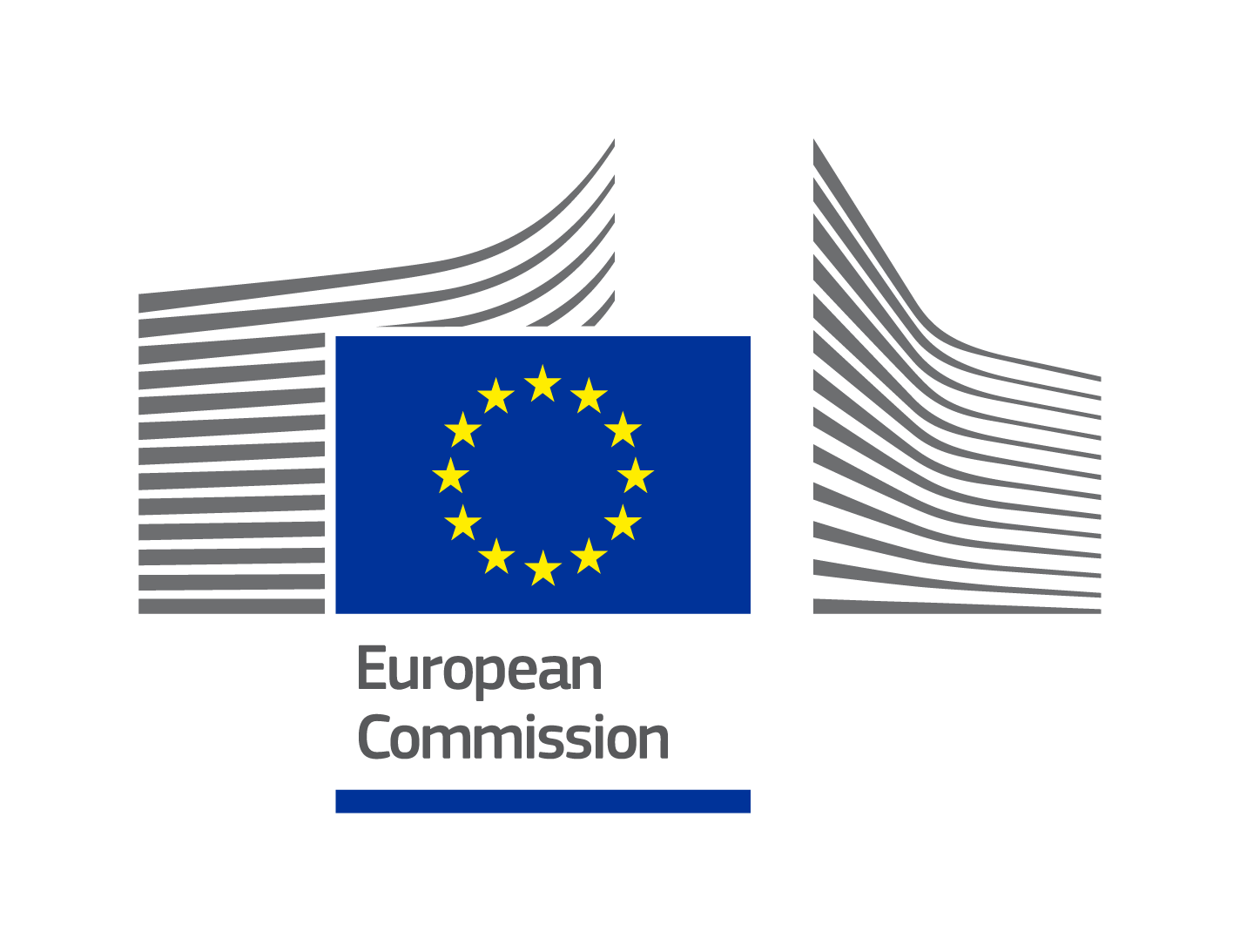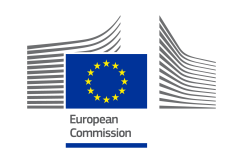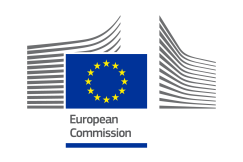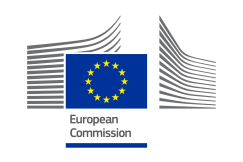Policies
01 April 2025
EU Bioeconomy strategy
Policies
01 April 2025
1. Healthy, balanced and sustainable diets for all European consumers
2. Prevention and reduction of food loss and waste
3. A climate - neutral food chain in Europe by 2050
+4 more
Login / create an account to be able to react
-
39

The bioeconomy covers all sectors and systems that rely on biological resources (animals, plants, micro-organisms and derived biomass, including organic waste), their functions and principles. It includes and interlinks: land and marine ecosystems and the services they provide; all primary production, sectors that use and produce biological resources (agriculture, forestry, fisheries and aquaculture); and all economic and industrial sectors that use biological resources and processes to produce food, feed, bio-based products, energy and services.
Editorial team
European Commission - DG RTD
Topics
EU-27
EU Institutions
-
CoC aspirational objectives
-
-
1. Healthy, balanced and sustainable diets for all European consumers
-
2. Prevention and reduction of food loss and waste
-
3. A climate - neutral food chain in Europe by 2050
-
4. An optimised circular and resource-efficient food chain in Europe
-
5. Sustained, inclusive and sustainable economic growth, employment and decent work for all
-
6. Sustainable value creation in the European food supply chain through partnership
-
7. Sustainable sourcing in food supply chains
-
Share
The EU Bioeconomy Strategy was first launched in February 2012 with the aim of promoting sustainable growth through the use of biological resources. The strategy was updated in 2018 to accelerate the deployment of a sustainable European bioeconomy and to align with new policy priorities such as the European Green Deal.
Following the 2018 update, a progress report was published in 2022. This report assessed the implementation of the strategy and its action plan, highlighting achievements and identifying areas for future action.
The 2018 update of the Bioeconomy Strategy aims
- to accelerate the deployment of a sustainable European bioeconomy
- to contribute towards the Sustainable Development Goals (SDGs), and
- to help fulfilling the goals of the Paris Agreement.
It also responds to new European policy priorities, such as
- the renewed Industrial Policy Strategy,
- the Circular Economy Action Plan
- and the Communication on Accelerating Clean Energy Innovation, all of which highlight the importance of a sustainable, circular bioeconomy to achieve their objectives.
A related action plan formulates 14 concrete measures launched in 2019. They are based on three key priorities:
- Strengthen and scale up the bio-based sectors, unlock investments and markets;
- Deploy local bioeconomies rapidly across the whole of Europe;
- Understand the ecological boundaries of the bioeconomy.
A Bioeconomy Strategy Progress report was published in 2022. It assesses the progress made in the implementation of the strategy and its action plan, and identifies gaps for possible future EU bioeconomy action and initiatives.
No specific EU bioeconomy legislation exists. However, sectorial legislation, in many cases considerably older than the bioeconomy concept, has major impact in the field.
Bioeconomy (or bioeconomy-related) strategies also exist or are being developed
- in many of the EU Member States and their regions (see below);
- at international level (e.g. OECD bioeconomy agenda) and
- in many third countries (Source: German Bioeconomy Council and JRC research).
Related legislation:
Communication COM/2018/673 A sustainable Bioeconomy for Europe: Strengthening the connection between economy, society and the environment
Comments (0)
See also
-
5
Trade policy
- Categories
- 2. Prevention and reduction of food loss and waste 3. A climate - neutral food chain in Europe by 2050 4. An optimised circular and resource-efficient food chain in Europe +3 more
-
7
EU Social Dialogue
- Categories
- 2. Prevention and reduction of food loss and waste 3. A climate - neutral food chain in Europe by 2050 4. An optimised circular and resource-efficient food chain in Europe +3 more
-
7
Digital Decade Policy programme 2030
- Categories
- 2. Prevention and reduction of food loss and waste 3. A climate - neutral food chain in Europe by 2050 4. An optimised circular and resource-efficient food chain in Europe +3 more




